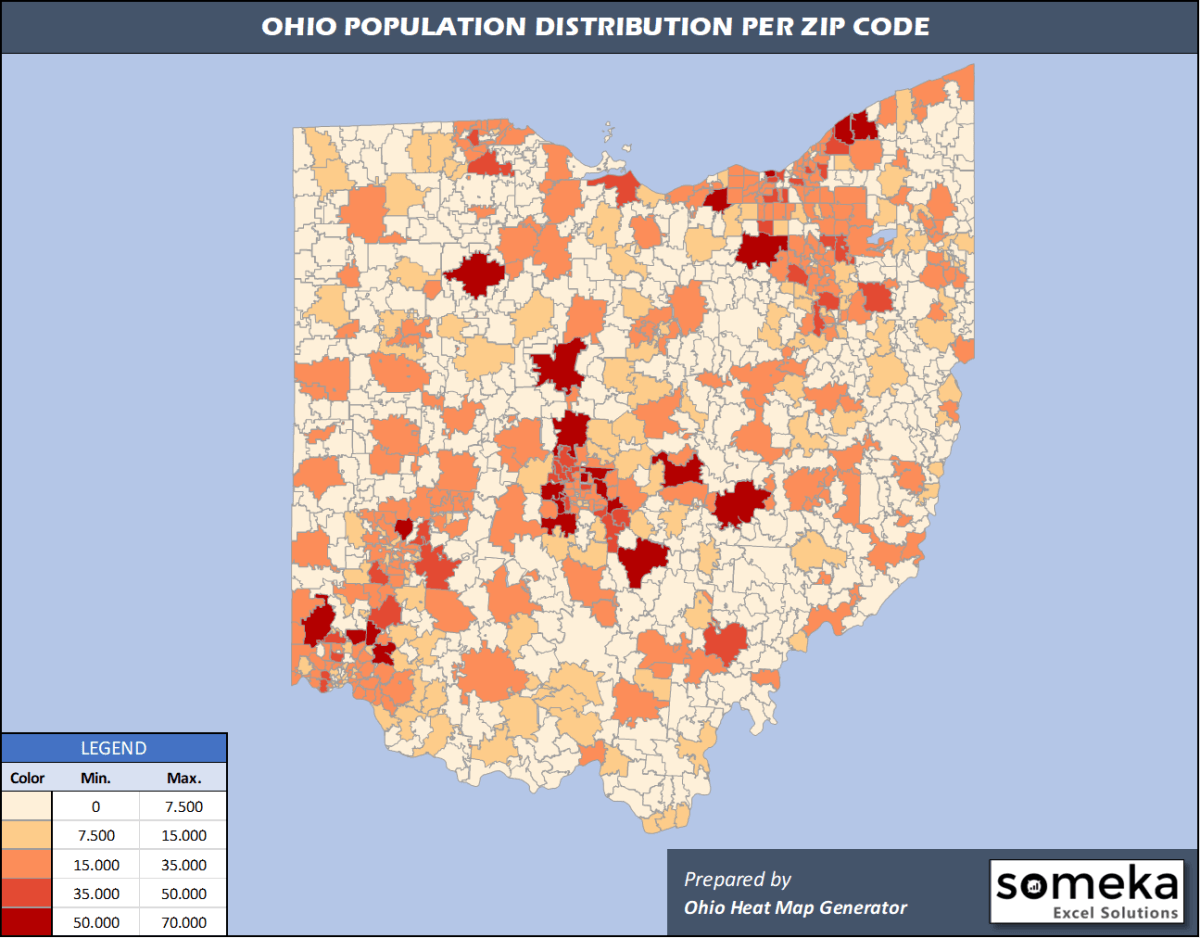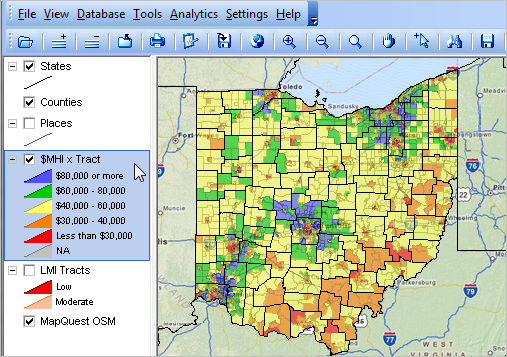

I believe the main issue is that it doesn’t get ‘clicks’ these days because everyone already knows about it. “Dog bites man” doesn’t get as many clicks as “Man bites dog” and all that. Still, a quick search brought up a couple articles from the last 12 months that weren’t stifled:
- https://www.houstonchronicle.com/business/energy/article/produced-water-midland-pollution-18561991.php
- https://www.texastribune.org/2023/10/31/texas-oil-gas-fracking-wastewater-spills-railroad-commission/
- https://www.cleveland.com/open/2024/05/fracking-waste-wells-owned-by-an-ohio-senator-are-leaking-the-state-paid-13-million-to-clean-it-up.html
- https://ohiocapitaljournal.com/2024/04/30/athens-co-fracking-leak-inaction-show-the-dire-public-health-dangers-of-ohio-regulatory-capture/
- https://www.denver7.com/news/front-range/erie/an-erie-oil-well-surrounded-by-homes-leaked-toxic-chemicals-as-cleanup-continues-neighbors-fear-health-risks
- https://www.alleghenyfront.org/rager-mountain-equitrans-gas-leak-fine/







I thought I was going to rely to this question, but you covered it so perfectly that I’ve nothing useful to add. Thank you for putting in the time.